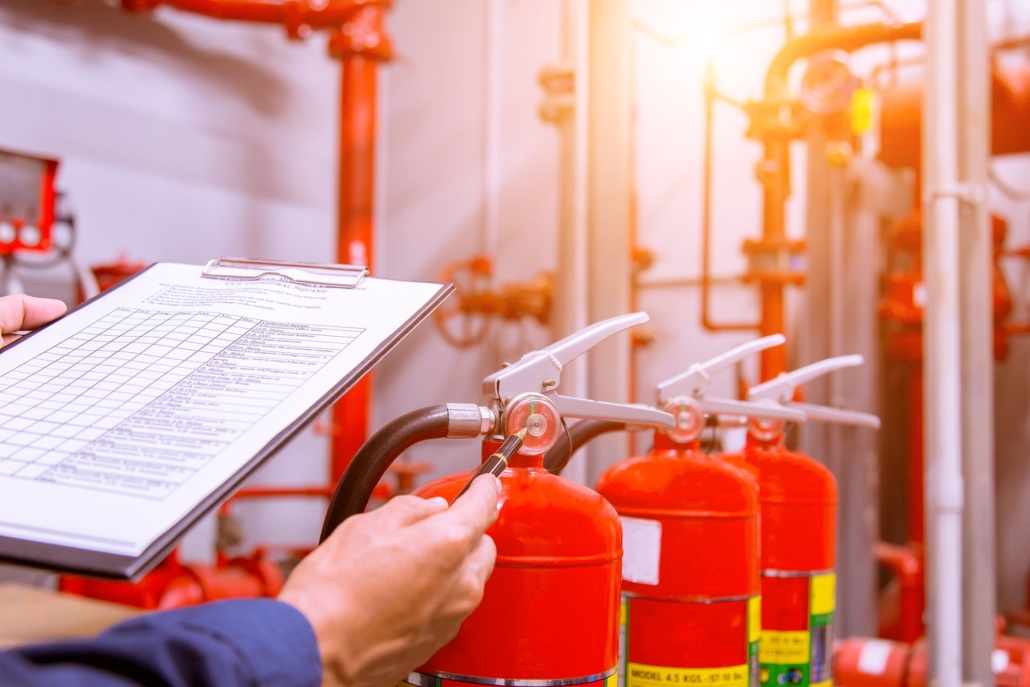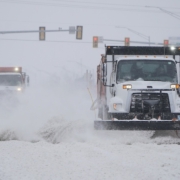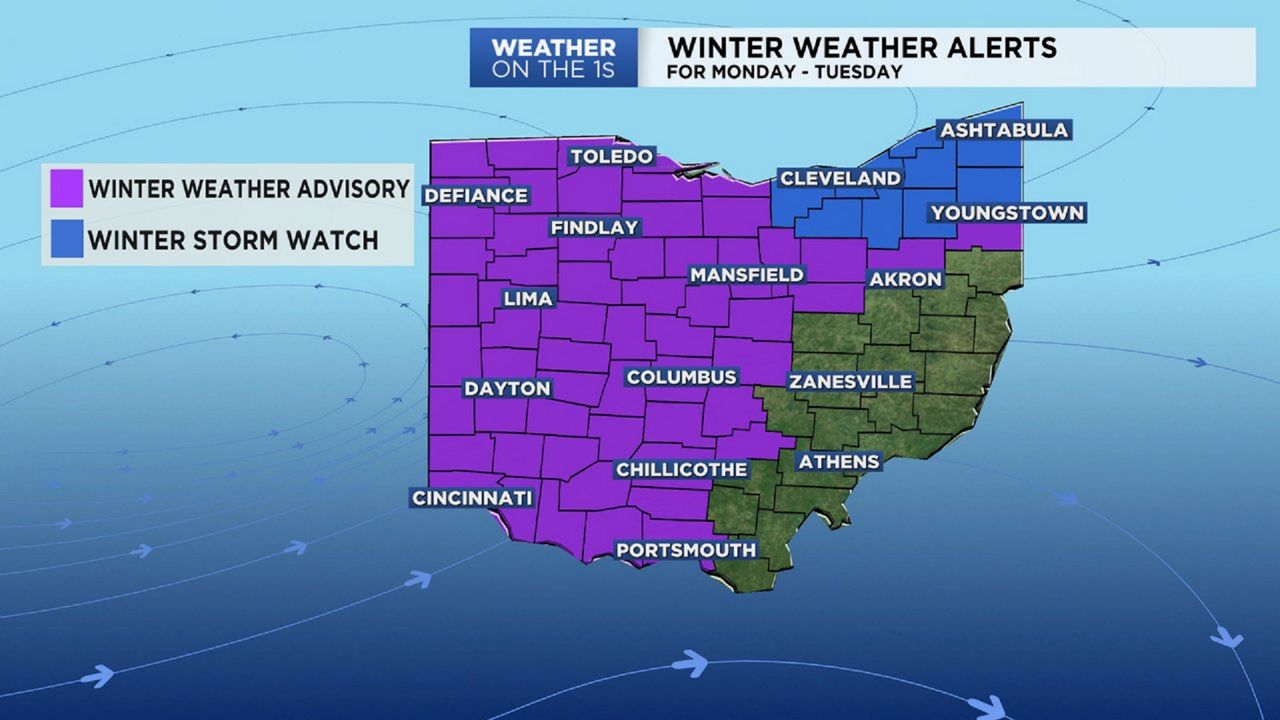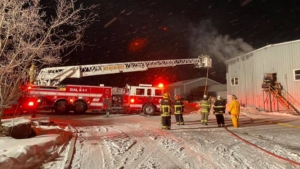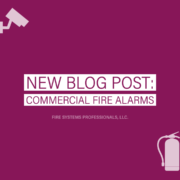4 Fire Prevention Tips for Your Business
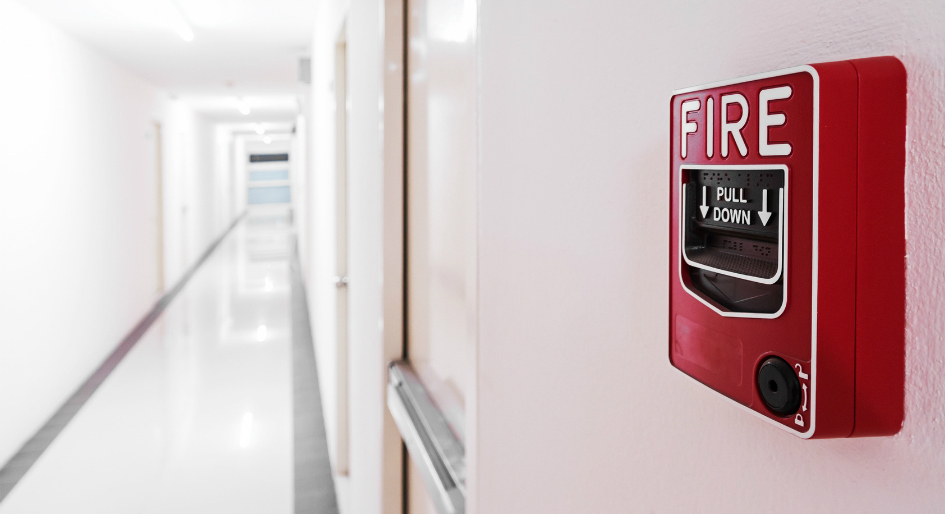
by Justin Metz
Reducing the risk of a potential fire at your business is one of the most important things you can do to help protect your customers, employees, and property.
The U.S. Fire Administration reports that more than 111,000 nonresidential building fires occurred in 2017. Those fires caused 1,200 injuries and more than $2.7 billion in damages. For business owners, these damages can extend beyond physical repairs. It could mean weeks, or even months, of lost revenue while your property is restored.
So what steps can you take to help ensure a crisis like this doesn’t happen at your business? Give these four tips a try:
1. CHECK POTENTIAL FIRE HAZARDS.
According to the American Red Cross, there are a number of common hazards in any home or business that are likely to be the source of a fire. Conduct a survey of your business and examine these potential problem areas:
- Make sure machines and equipment are clean and well maintained.
- Keep any combustible objects away from space heaters or furnaces.
- Properly store flammables away in cabinets and away from ignition sources.
- Check appliance cords and replace any broken connectors or cracked insulation.
- Use only one extension cord for each power outlet.
- Allow room behind any appliances to allow air to circulate and prevent overheating.
2. ENSURE YOU HAVE THE PROPER SAFETY EQUIPMENT.
Every business should have functioning fire extinguishers. But it’s also wise to consider smoke detectors, sprinklers, or a fire alarm. Remember, the life expectancy of a smoke detector is only 8-10 years.
Look into a specialized fire suppression system if your business has large operations or machinery that is capable of overheating; commercial cooking equipment; or especially flammable materials on site.
3. MAKE SURE YOUR EQUIPMENT IS UP TO DATE.
Did you know that fire extinguishers have a shelf life of between five and 15 years – even if there is no expiration date listed? Over time, these pieces of equipment can lose their pressure. So make sure your extinguisher is working properly by checking the pressure gauge every month. If the needle is in yellow or red, it may need to be repaired or replaced.
Be sure to replace your extinguisher if you notice any of these signs:
- The hose or nozzle is cracked, ripped, or jammed.
- The locking pin is unsealed or missing.
- The handle is missing or unsteady.
- The inspection sticker or service record is missing.
4. COMMUNICATE WITH YOUR STAFF.
Preparation is one of the most important elements of fire safety. In a crisis, having an emergency plan is a critical element to successfully prevent injuries, loss of life, and property damage. To help keep your employees safe, be sure to regularly communicate your fire safety procedures.
- Describe where they should go if evacuation is needed.
- Explain how you will notify them of an emergency, whether it’s through voice communication or a sound like a bell, whistle, or horn.
- Make sure your evacuation plans accommodate employees with disabilities, such as someone with hearing loss or who uses a wheelchair.
- Provide training, such as fire drills, to practice your emergency plan.
- Remind your employees not to store anything on stairways or along your fire escape routes.
As a business owner, you expect your insurance to be there when things go wrong. But did you know that Fire Systems Professionals is here to help you reduce risks in the first place?
Contact our team of experienced professionals with over 20+ years in the business can help your business remain up to date and safe from potential hazards. Click Here to get in touch with us today!


